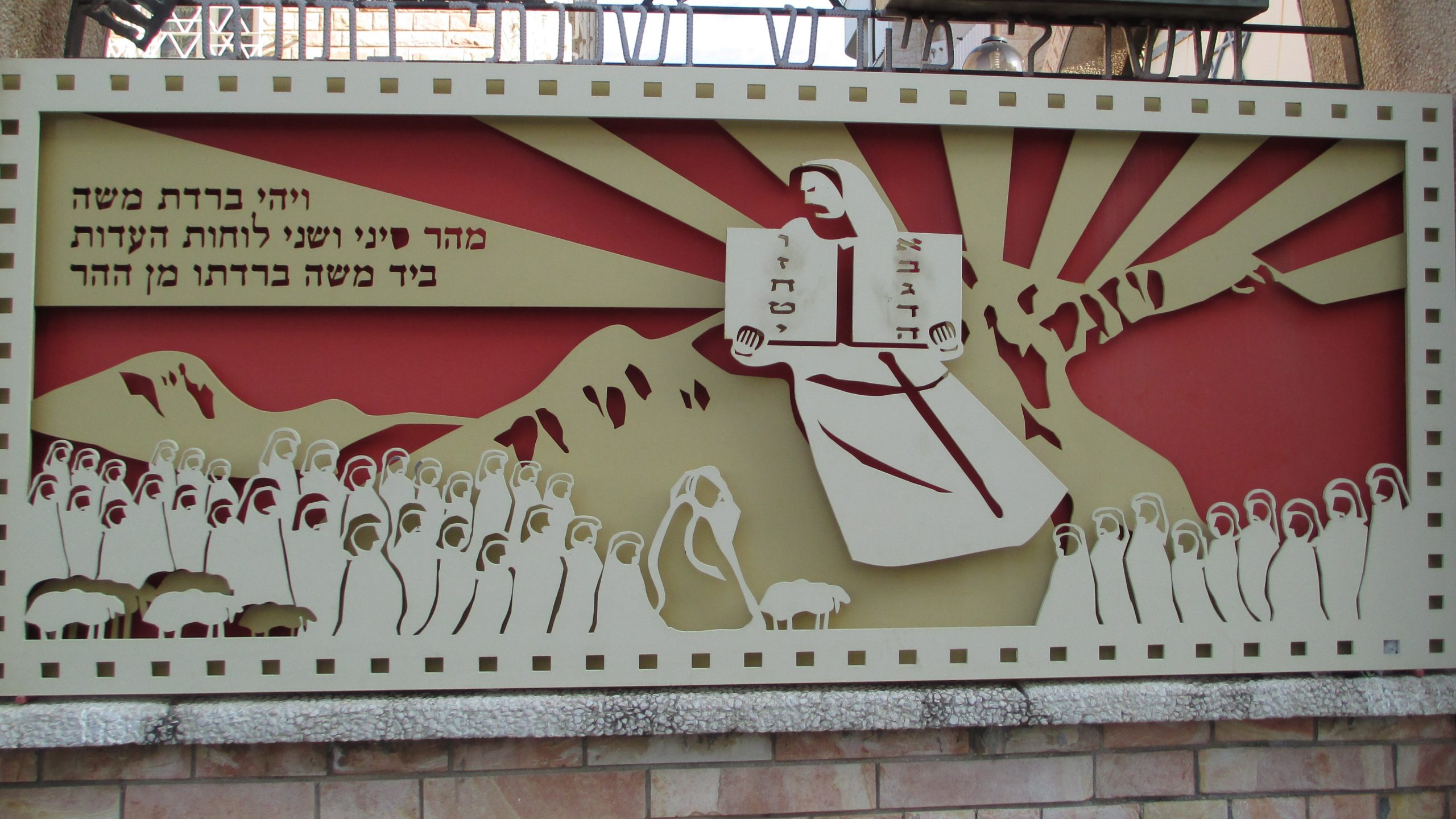H “set out” = qum. To arise, stand, accomplish, establish, abide. This is rising as in rising against, getting up after being sick or asleep, arising from one state to another, becoming powerful, or rising for action. It can also be standing in a figurative sense.
I “Joshua” = Yehoshua. From YHVH (proper name of the God of Israel; the self-existent and eternal one); {from havah (to become) or from hayah (to come to pass, become, be) + yasha (to deliver, defend, help, preserve, rescue; properly, to be open, wide or free, which implies being safe. So, in a causative sense, this is to free someone).} This is Joshua, Jeshua, or Yehoshua, which means “the Lord is salvation.”
J “God” = Elohim.
K “elders” = zaqen. From the same as zaqan (beard or chin – the beard represents old age). This is old, aged, or elder.
L “wait” = yashab. Different word from “wait” in v12. This is to sit and so to remain and so to dwell. It is sitting for any reason – as a judge, in order to ambush, or just sitting quietly. Causatively, this can mean settling or marrying. This can also mean continue, endure, or establish.
M “come…again” = shub. To turn back, return, turn away – literally or figuratively. Doesn’t necessarily imply going back to where you started from. This is also the root verb for the Hebrew word for repentance “teshubah.”
N {untranslated} = hinneh. From hen (lo! Behold! If, though; an expression of surprise). This is to draw attention, show suddenness or surprise, or to emphasize the importance of the coming statement. See! Lo! Behold!
O “Aaron” = aharon. Derivation uncertain. May mean “bearer of martyrs” OR be related to Ancient Egyptian ꜥḥꜣ rw (warrior lion) OR elevated, exalted, high mountain. This is Aaron. See https://en.wiktionary.org/wiki/Aaron
P “Hur” = chur. 15x in NT. From chavar (to be or become white or pale) OR from the same as chur (white things, white, white linen) OR from the same as chur (hole; a hole that was bored; a crevice where a snake lives; the cell of a prison). This is Hur or Chur, its meaning is uncertain.
Q “go” = nagash. This is draw near or approach. Euphemistically, it can refer to sex or it can be preparing to attack an enemy. It can be used for worship or merely to indicate being present.

